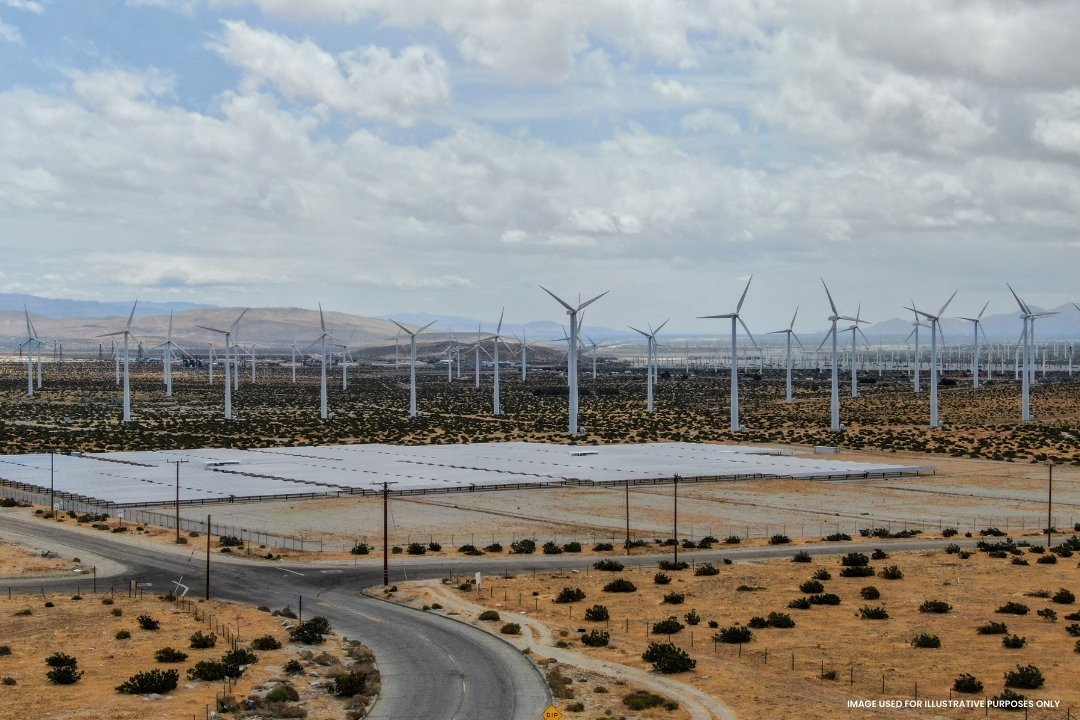The journey of oil and gas from beneath the earth to the end-user is no simple task. It involves a labyrinth of processes, beginning with an exploration, followed by extraction, transportation, refining, and, ultimately, distribution to markets around the world. Each of these stages demands a considerable investment in infrastructure, which is crucial to ensuring the continued energy supply. However, the scale and complexity of such projects often call for specialised expertise. This is where Engineering, Procurement, and Construction (EPC) firms come in. EPC companies, like KEC International, provide the knowledge and resources to build the infrastructure required for the oil and gas industry, ensuring projects are completed efficiently, safely, and to the highest standards.
The role of EPC in the Oil and Gas industry
Oil and gas projects are not only large but also highly intricate, involving significant technical and logistical challenges. The role of EPC firms in this sector is essential in managing the complexity of these projects, providing a single, responsible source for the entire process, from engineering design to procurement of materials, construction, and project completion, offering a comprehensive service that covers all aspects of project execution. This approach means that instead of the oil and gas company diverting substantial time and resources to oversee a multi-year construction project, it can remain focused on its core operations like extraction, processing, refining, and storage.
Why EPC matters in the Oil and Gas sector
Risk reduction and focus on core activities
One of the primary advantages of hiring an EPC firm is the transfer of risk from the oil and gas company to the contractor. By outsourcing the construction of large infrastructure projects, the company can focus on its core operations, reducing the strain on internal resources. Furthermore, the risk associated with performance, budgets, and schedules is transferred to the contractor, ensuring that the project is completed within the set parameters.
Industry expertise and efficiency
EPC contractors bring a wealth of industry expertise, allowing them to complete projects more quickly and with better cost control than the oil and gas companies could manage on their own. With access to specialised engineering, skilled tradespeople, and advanced technology, EPC contractors can handle the complex demands of large-scale construction projects. This expertise not only accelerates project timelines but also ensures high-quality outcomes.
Single point of responsibility
One of the most important benefits of working with EPC firms is that they act as a single point of responsibility. Instead of managing multiple contracts and vendors, the oil and gas company only needs to deal with one contractor. This simplifies communication, reduces administrative overhead, and ensures that any issues that arise are dealt with efficiently by the designated contractor.
The challenges and opportunities in EPC
The oil and gas sector is subject to fluctuating commodity prices, evolving regulatory frameworks, and continuous technological advancements. EPC firms must navigate these challenges while also looking for ways to improve efficiency, sustainability, and safety in their projects. As the industry becomes more digitally driven, innovations such as digital twins and AI-powered analytics are beginning to reshape the way projects are executed. These technologies allow for more adaptable, responsive, and cost-effective solutions, which are essential in a rapidly changing global market.
Another important trend in the sector is the increasing focus on sustainability and reducing carbon emissions. With the world moving toward cleaner energy sources, EPC companies are diversifying their portfolios to include projects related to renewable energy and low-carbon technologies. Initiatives like hydrogen production and carbon capture are gaining momentum, and EPC firms are now key players in this shift towards greener energy solutions.
Women’s presence in EPC companies in the Oil and Gas sector
The oil and gas sector, particularly within EPC, has long been male-dominated. However, women leaders are increasingly carving out important roles within this industry, overcoming traditional barriers and inspiring others to follow. Women like Wadha Ahmad Al-Khateeb, CEO of Kuwait Integrated Petroleum Industries Company (KIPIC), are helping guide critical projects and shaping the future of energy in the region. KIPIC, a key player in Kuwait’s refining and petrochemical sectors, is currently working on a $10 billion petrochemicals complex—an ambitious project set to boost Kuwait’s production capacity.
Al-Khateeb’s leadership is a testament to the vital role that women can play in managing complex projects, particularly when faced with challenges such as fluctuating oil prices, evolving regulations, and safety concerns. Her background in chemical engineering and her previous role at Kuwait National Petroleum Company (KNPC) have given her the expertise to navigate these complexities and lead significant projects that shape the country’s energy future.
One of the key advantages of working with EPC firms is the expertise and efficiency they bring to the table. Women leaders in EPC firms, like Victoria Elisa Vásquez García of Sigdo Koppers SA, have proven their ability to oversee diverse projects with exceptional levels of coordination, quality, and safety. Sigdo Koppers, a prominent Chilean group, is involved in various sectors, including industrial construction, transport, and logistics. The company’s ability to execute projects efficiently is largely attributed to its strong leadership and commitment to sustainable development—a priority in today’s rapidly changing energy landscape.
Vásquez García’s leadership demonstrates how women in EPC are driving projects that improve infrastructure and build the foundation for sustainable energy. The company’s technical expertise and planning strategies enable it to manage complex projects from start to finish, providing integrated services for industries worldwide.
As the world shifts towards renewable energy, women in EPC leadership are pushing forward with innovations that incorporate sustainability into the design, construction, and operation of energy infrastructure. Companies like AECOM, with leaders like Ms. Poloni, are prioritising sustainability, green technologies, and energy efficiency. AECOM’s diverse portfolio spans cities, transportation, water systems, and the environment, with a focus on building long-term, sustainable projects.
Ms. Poloni’s leadership has been instrumental in guiding AECOM’s operations across Europe, the Middle East, and Africa, driving the company’s commitment to delivering projects that benefit communities and the environment. AECOM’s EPC expertise enables the company to integrate sustainable design and construction practices, positioning it as a leader in the development of energy-efficient infrastructure projects.
Similarly, Luana Duffé, Executive Vice President of New Energy at TechnipFMC, is driving the company’s diversification beyond traditional oil and gas into emerging sectors such as hydrogen and offshore renewables. Under her leadership, TechnipFMC is leveraging its vast experience in energy to support the energy transition and reduce the carbon intensity of its operations. The company’s focus on carbon removal technologies and renewable energy systems showcases how women in leadership are vital in shaping the future of both traditional and new energy sectors.
EPC firms play a crucial and dynamic role in the oil and gas industry, providing the necessary infrastructure to support the sector’s ongoing evolution. From reducing risks and ensuring efficient project delivery to driving innovations in sustainability and renewable energy, these companies are at the heart of global energy production. As the demand for cleaner, more efficient energy grows, EPC firms will continue to play an integral part in shaping the future of the energy landscape. Their adaptability and expertise will remain vital in meeting the challenges of tomorrow’s energy needs, ensuring that oil and gas continue to power industries, homes, and transportation across the globe.










